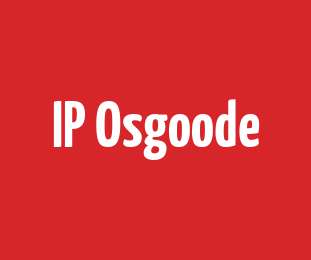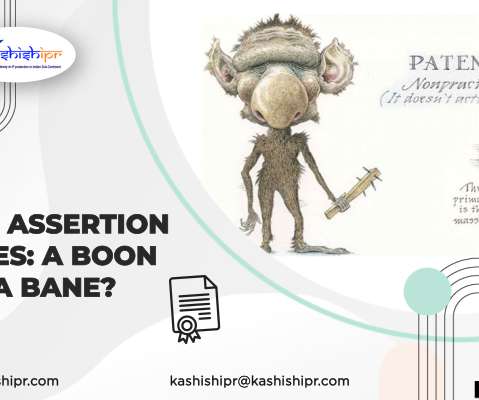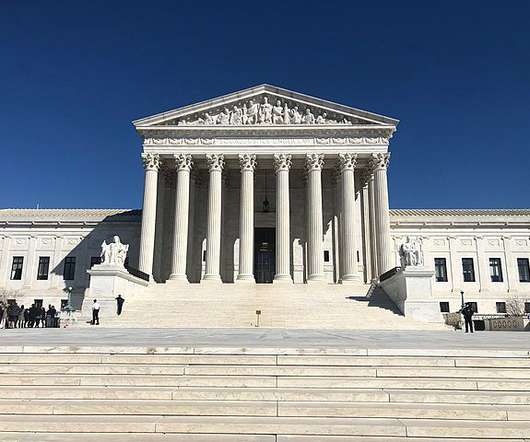Litigation as a Source of Profit? Non-Practicing Entities and Patent Litigation
IPilogue
AUGUST 24, 2022
The second kind, private parties, often use the patents they acquire for profit through damage or settlement awards, or royalties and licensing rights. NPEs who acquire patents solely for profit (and not commercialization) are also called “Patent Trolls” or “ patent assertion entities.”












Let's personalize your content